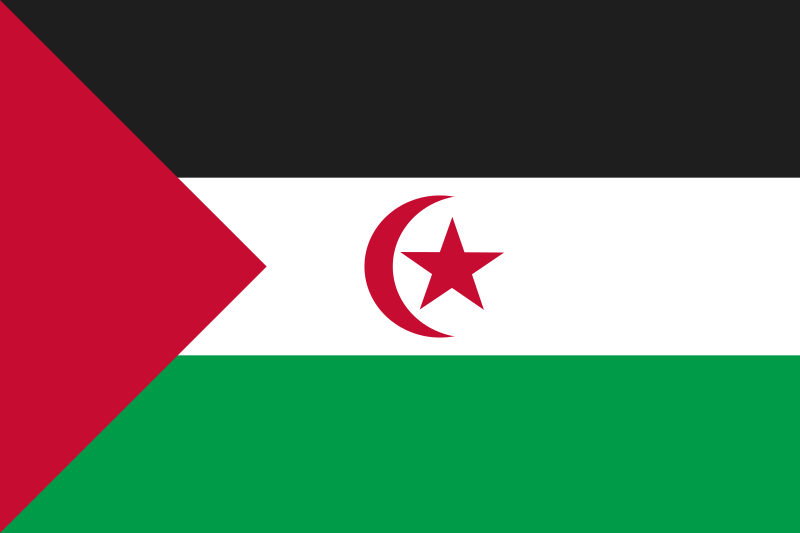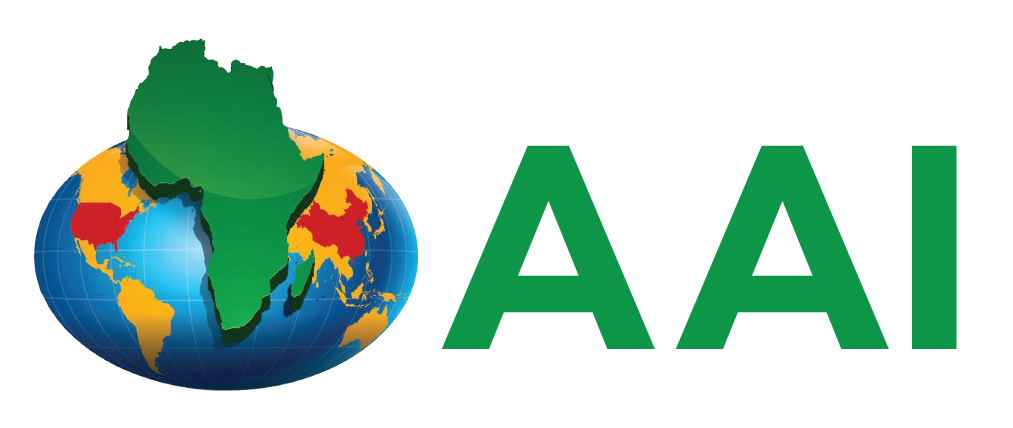Our History

Western Sahara
Official Name: Arabic Al-Ṣaḥrāʾ al-Gharbiyyah, formerly (1958–76) Spanish Sahara
Total Area (Sq Mi): 97,344
Population (2020 est.): 566,100
Where its found: Territory occupying an extensive desert by the Atlantic-coastal area of northwest Africa.
Capital: Tafariti (de facto)
Monetary Unit: It has no one official currency, Moroccan dirham, Algerian dinars, Mauritanian ouguiyas, Sahrawi peseta
The Western Sahara, with its lands once part of the Almoravid Dynasty of warriors, is also known as the ‘last colony of Africa’. It is situated in the Northwest of Africa, bordered between Morocco, Algeria and Mauritania as it looks out through a stretch of 1110 km coastline, directly into the Atlantic Ocean.
The region boasts of Phosphate and Iron Ore as its natural resources, whilst its agriculture is mainly goat, sheep, camel and fish farming. Crop farming is challenged due to drought and subsequent advancement of the desert through the region.
Western Sahara is home to the Sahrawi and Berber people and is predominantly made up of followers of Islam.
As with the history of many countries in Africa, the region was colonised by a foreign government, Spain, from 1848 to 1975 when it was then known as the ‘Spanish Sahara’.
Following the emergence of a liberation movement in 1973, Frente Popular de Liberación de Saguía el Hamra y Río de Oro (also called the Polisario Front) formed by freedom fighters and a United Nations resolution in 1965, Spain was urged to decolonise its occupied territories in Africa.
Having themselves been made independent nations, Morocco and Mauritania sought to add the region to their own respective territories as many of their people had migrated into the lands they bordered with Western Sahara.
During the ‘Green March’ uprising in 1975, thousands of Moroccan soldiers, under the command of King Hussein of Morocco, marched across the border into Western Sahara in protest of Spanish occupation.
When Western Sahara gained its independence from Spain in 1975, it was taken over by Mauritania and Morocco. Mauritania as of 1979, relinquished its claim whilst Morocco seeks to integrate Western Sahara as one of its territories and this has led to ongoing conflict in the region. A small area of Western Sahara is governed by Saharan Arab Democratic Republic which is largely recognised internationally.
As of 1991, following a ceasefire, the people of Western Sahara await conflict resolution with the implementation of a referendum proposal agreed through the United Nations, which aims to ask the people of Western Sahara to choose between independence and self-governance or integration with Morocco.

